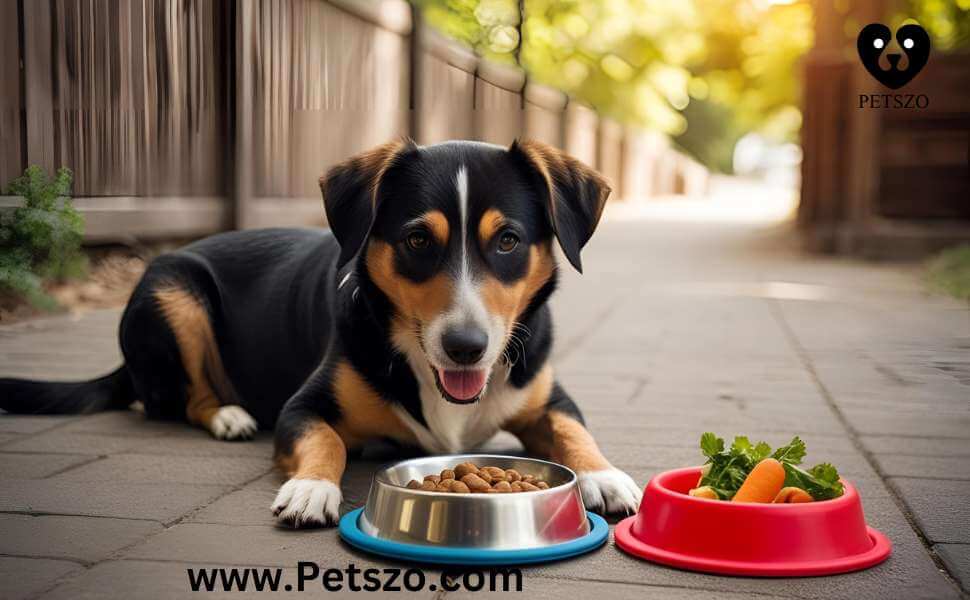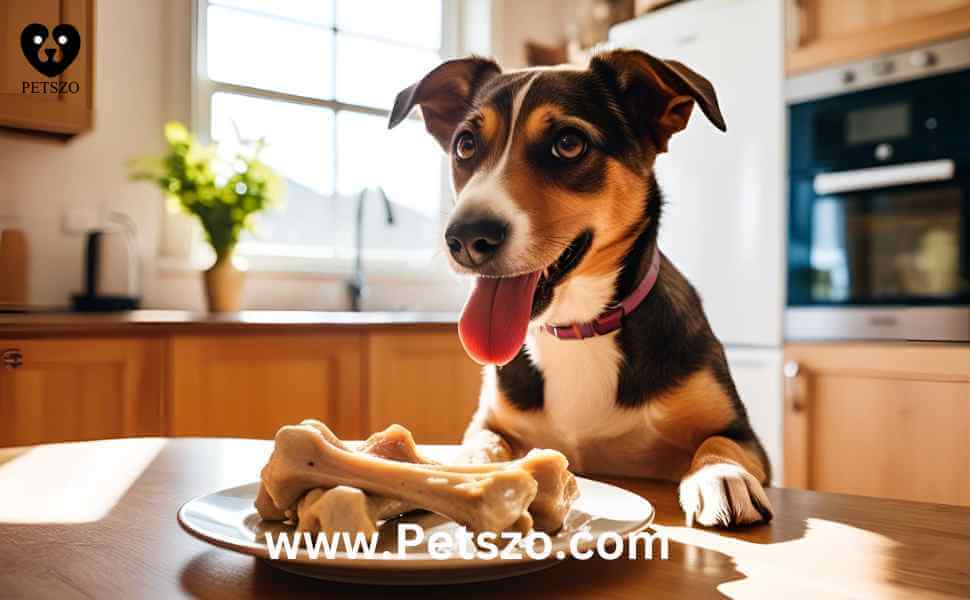If you’ve ever asked, “How long does it take a dog to digest food?” you’re not alone! Understanding a dog’s digestive system is essential for maintaining gut health, balanced nutrition, and regular bowel movements.
On average, dogs break down food within 6–8 hours, but the entire digestion process (from eating to elimination) can take 24–72 hours, depending on factors like diet composition, hydration, and breed size.
This guide will cover each digestion stage, factors influencing transit time, and vet-approved strategies to keep your pup’s digestive health in shape.
How Dogs Digest Food: A Step-by-Step Guide
A dog’s digestive system follows four main stages:
1. Mouth & Esophagus (0–30 minutes)
- The breaking-down process starts with enzymes in saliva that begin digesting starches and carbohydrates.
- Unlike humans, dogs don’t chew thoroughly—they swallow food quickly and rely on their stomachs to do most of the work.
- Tip: If your dog eats too fast, use a slow-feeder bowl to prevent choking and bloating.
2. Stomach (2–6 hours)
- The stomach’s acidic environment helps break food into a thick chyme liquid.
- Proteins and fats begin breaking down here with the help of gastric enzymes.
- Did You Know? A dog’s stomach is 10x more acidic than a human’s—perfect for digesting meat, bones, and raw food!
3. Small Intestine (4–6 hours)
- Nutrient absorption happens here—proteins, healthy fats, and vitamins enter the bloodstream.
- 90% of essential nutrients are absorbed in the small intestine.
- If digestion is poor here, it can lead to nutrient deficiencies or food intolerance issues.
4. Large Intestine (12–24 hours)
- Water absorption happens at this stage, forming solid stools.
- Fiber fermentation occurs, helping maintain a healthy gut microbiome.
- Waste is stored in the rectum until elimination.
🚨 Breed Alert: Smaller breeds like Chihuahuas have a 30% faster metabolism than giant breeds like Great Danes, leading to quicker digestion cycles!

7 Key Factors That Influence Digestion Speed
1. Breed & Size
- Small dogs (e.g., Pomeranians, Dachshunds) – Break down meals within 4–6 hours due to a higher metabolic rate.
- Larger breeds (e.g., German Shepherds, Labradors) – Need 8–10 hours as they have a longer digestive system.
2. Age & Metabolic Rate
- Puppies process food twice as fast as older dogs due to higher energy demands.
- Senior dogs experience slower digestion and may need easier-to-digest foods.
3. Diet Type & Nutrient Composition
Food TypeDigestion TimeProsCons
| Food Type | Diegestion Time | Pros | Cons |
| Kibble | 8-10 hours | Budget-friendly, long shelf life | Low moisture slows gut transit |
| Raw Diet | 4-6 hours | Natural enzymes support digestion | Risk of bacterial contamination |
| Wet Food | 6-8 hours | High moisture aids breakdown | Expensive for long-term use |
Case Studies
A 2022 veterinary study found that raw-fed dogs digested meals 20% faster than those on kibble-based diets.
4. Hydration & Water Intake
- Dehydration slows gut movement by 25%, leading to constipation and bloating.
- Pro Tip: Adding bone broth or water to dry food can enhance digestion speed.
5. Physical Activity & Exercise
- Active dogs have a faster metabolism, leading to quicker digestion cycles.
- A 15-minute walk post-meal can increase gut motility by 10%.
6. Underlying Health Conditions
- Food allergies, irritable bowel syndrome (IBS), and pancreatitis can significantly slow digestion.
- Parasites and infections disrupt nutrient absorption.
7. Stress & Anxiety
- High-stress levels slow digestion and can cause stomach upset.
- Solution: A calm environment and a consistent feeding schedule help maintain gut health.

Signs of Healthy vs. Unhealthy Digestion
Healthy Gut Indicators
- Regular bowel movements (1–2 times daily, well-formed stools)
- No bloating, excessive gas, or discomfort
- Consistent energy levels and appetite
Warning Signs of Digestive Issues
- Persistent diarrhea or constipation lasting more than 24 hours
- Vomiting undigested food after several hours
- Blood in stool or mucus in bowel movements
- Tip: Maintain a poop journal to track stool quality and frequency!
5 Vet-Recommended Tips to Support Digestion
1️⃣ Feed Smaller, More Frequent Meals
Instead of 1-2 large meals, provide 2-3 balanced portions to prevent stomach overload.
2️⃣ Improve Hydration Levels
Add water or broth to dry food and encourage regular water intake.
3️⃣ Include Probiotics & Prebiotics
Try pumpkin puree, plain yogurt, or vet-approved probiotic supplements.
4️⃣ Encourage Post-Meal Walks
A 10-15 minute walk can stimulate digestion and prevent bloating.
5️⃣ Transition Diets Gradually
When changing food, adjust over 7-10 days to avoid stomach upset.
How Long Does a Dog’s Digestion Take?
Dogs process food within 6–8 hours, but the entire digestive cycle lasts 24–72 hours based on breed, diet, hydration, and lifestyle. Maintaining a well-balanced diet, hydration, and regular exercise ensures a healthy digestive system.
Consult your veterinarian for tailored advice if your dog experiences persistent digestive issues.
FAQS
How soon after eating does a dog poop?
Most dogs eliminate waste within 6–8 hours, but puppies may go within 30 minutes!
Can stress cause slow digestion?
Yes! Anxiety impacts gut motility—try calming supplements (consult your vet first).
Do some breeds have more sensitive stomachs?
Absolutely! Bulldogs, Boxers, and German Shepherds are prone to digestive issues.
Is delayed digestion dangerous?
Occasionally, it’s okay—but chronic delays need veterinary attention.











1 thought on “How Long Does It Take A Dog To Digest Food”